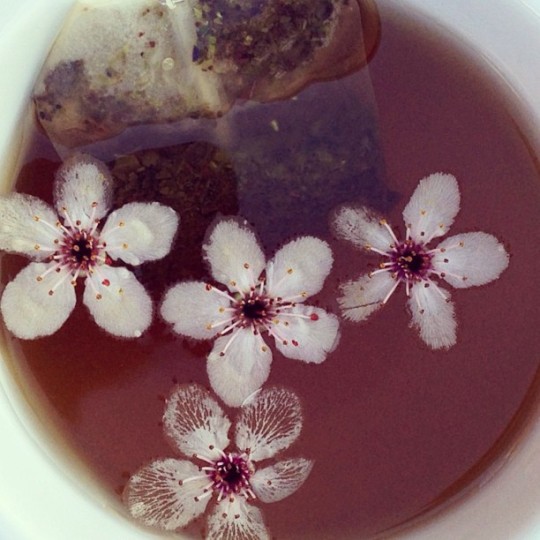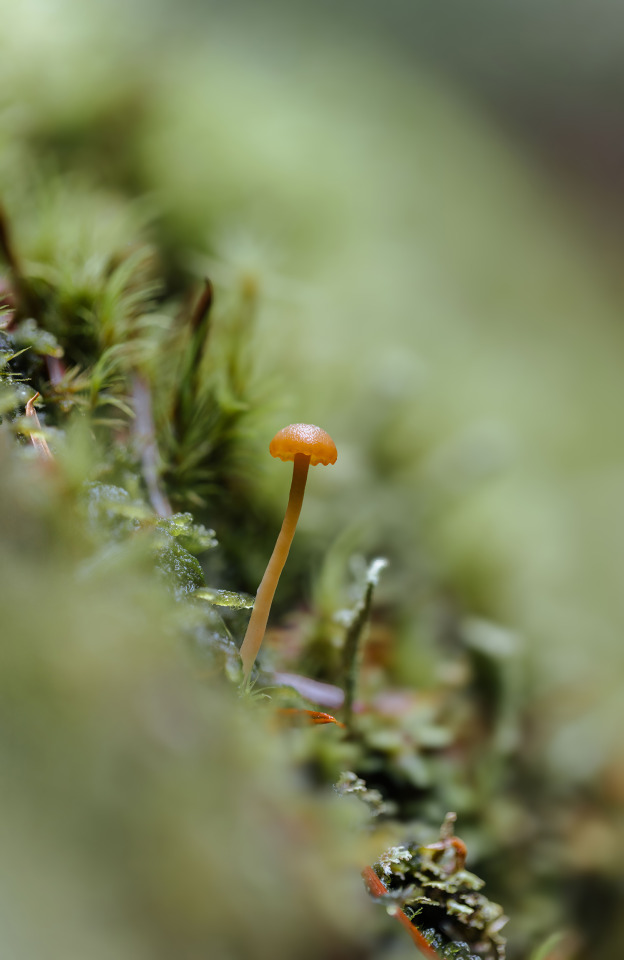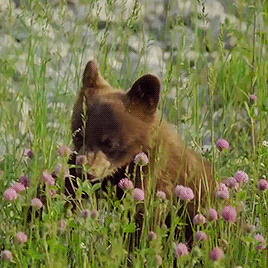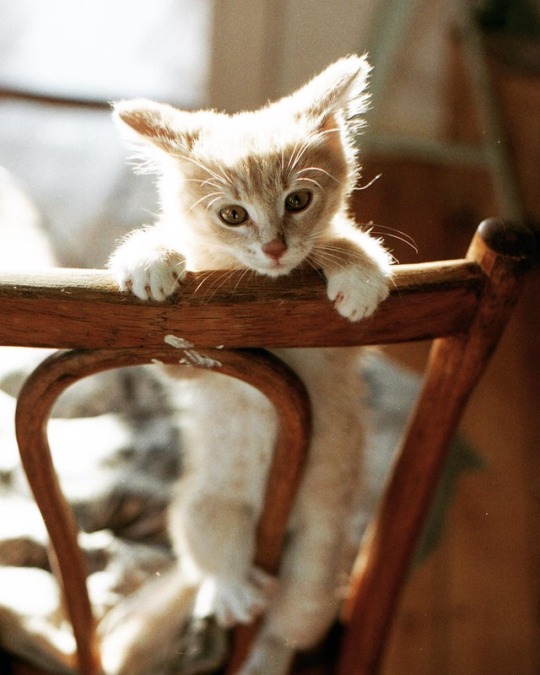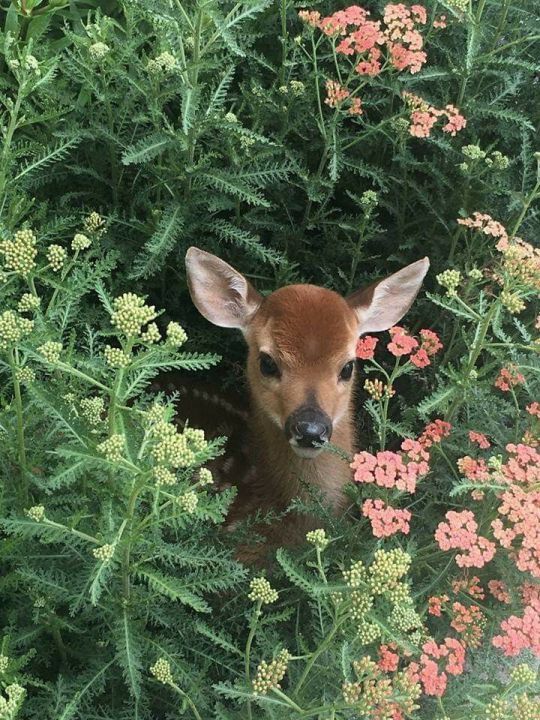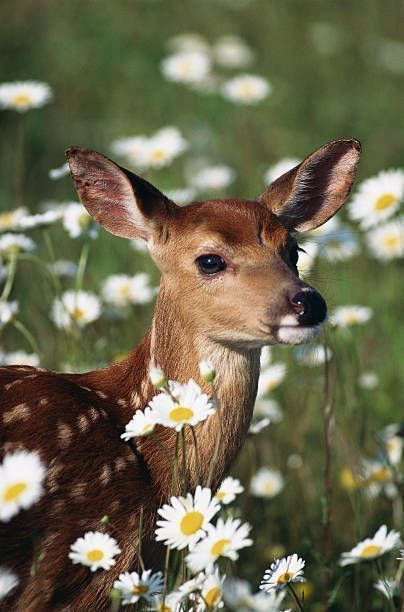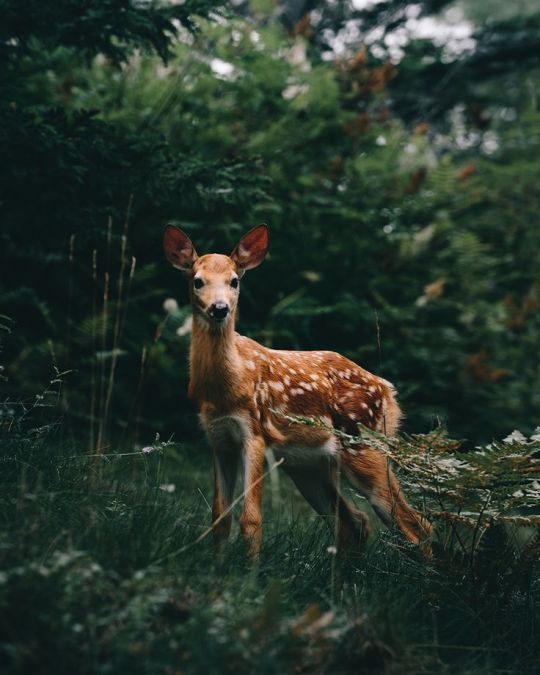Note
if your family was dying bc of hunger and the only think you could eat was meat, would you??
if you were not dying of hunger, lived on a planet with seven billion people, had access to unlimited fresh fruits, vegetables, grains, legumes, beans, nuts, seeds and other healthy foods, and knew animals suffer and die horrible deaths just so you can exploit them, would you continue to eat them?
stop asking me hypothetical questions and ask yourself a real one xx
1K notes
·
View notes
Text
Any practice done on an animal that you’d never want done to yourself can’t be called “humane”.
2K notes
·
View notes
Text
I really need people to understand that veganism is not fundamentally against subsistence hunting. and also that subsistence hunting has very little to do with a person living in an high income country going to the supermarket and buying a pork burger and some steak
108 notes
·
View notes
Text
According to one analysis of wool production in Australia, by far the world’s top exporter, the wool required to make one knit sweater is responsible for 27 times more greenhouse gases than a comparable Australian cotton sweater, and requires 247 times more land. Sheep farming threatens native species around the world, from koalas in Australia to sage grouse in the US.
Domesticated sheep in the American West have, as my colleague Paige Vega has reported, been implicated in mass die-offs of their wild cousins, Rocky Mountain bighorn sheep, through the spread of the lethal pathogen Mycoplasma ovipneumoniae.
Ruminant farming’s hunger for land has made it a prime engine for colonial expansion around the world; we see this in Brazil, for example, where cattle ranching is driving illegal seizures of Indigenous land. Sheep brought by colonists to Australia “immediately trampled and destroyed all of the native yams and edible vegetables that Aboriginal people had.
The land that Aboriginal people never ceded was taken for pastoral practices,” said Emma Hakansson, the Australia-based founding director of Collective Fashion Justice, which advocates for what she calls a “total ethics” fashion system: one that’s fair to people, animals, and the planet. “Animal-derived materials in particular are a focus for us because it’s in those supply chains that all three of those groups are consistently harmed.”
678 notes
·
View notes
Text
According to one analysis of wool production in Australia, by far the world’s top exporter, the wool required to make one knit sweater is responsible for 27 times more greenhouse gases than a comparable Australian cotton sweater, and requires 247 times more land. Sheep farming threatens native species around the world, from koalas in Australia to sage grouse in the US.
Domesticated sheep in the American West have, as my colleague Paige Vega has reported, been implicated in mass die-offs of their wild cousins, Rocky Mountain bighorn sheep, through the spread of the lethal pathogen Mycoplasma ovipneumoniae.
Ruminant farming’s hunger for land has made it a prime engine for colonial expansion around the world; we see this in Brazil, for example, where cattle ranching is driving illegal seizures of Indigenous land. Sheep brought by colonists to Australia “immediately trampled and destroyed all of the native yams and edible vegetables that Aboriginal people had.
The land that Aboriginal people never ceded was taken for pastoral practices,” said Emma Hakansson, the Australia-based founding director of Collective Fashion Justice, which advocates for what she calls a “total ethics” fashion system: one that’s fair to people, animals, and the planet. “Animal-derived materials in particular are a focus for us because it’s in those supply chains that all three of those groups are consistently harmed.”
678 notes
·
View notes
Photo

Warming up to autumn afternoons… with blankets, good books and coffee!
(source: pinterest.com)
585 notes
·
View notes
Text
The agriculture sector has spent millions of dollars on discrediting plant-based diets, a new report has claimed.
The report, published by the consumer advocacy organisation Freedom Food Alliance on Thursday (29 February), found that multinational meat companies and lobby groups were using industry-funded research, public ad campaigns and educational materials to sway public opinion on meat and dairy.
89 notes
·
View notes
